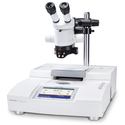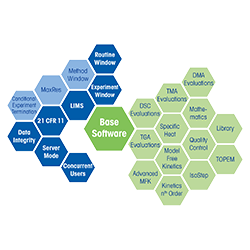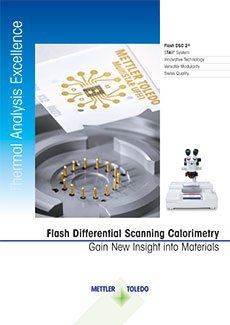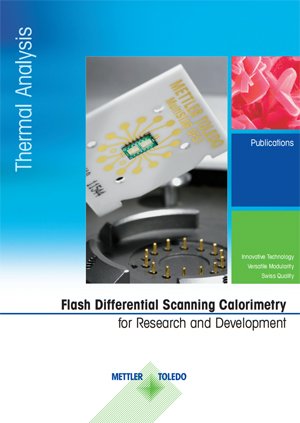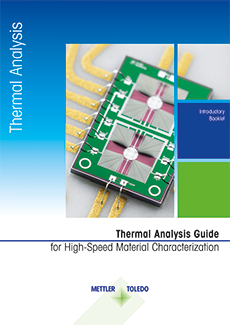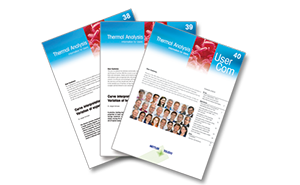Live Webinar: The Exciting World of Flash DSC
Advanced Material Characterization by Fast-Scanning Calorimetry
Program Overview
- Overview of conventional DSC technology and molecular reorganization
- Introduction to the Flash DSC and the novel chip sensor
- Metastable materials
- Flash DSC basic principles
- Flash DSC application examples
In many technical processes, material behaviors depend on the applied heating or cooling rates. For example, when investigating crystallization behavior that occurs during the injection molding process, it is essential to replicate the heating rates experienced during the actual process. To perform such experiments, extremely high heating and cooling rates are required, which cannot be achieved using conventional DSC instruments. As a result, fast-scanning calorimetry was developed.
Fast-Scanning Calorimetry Using Flash DSC Technology
The Flash DSC uses innovative technology to perform fast-scanning calorimetry with ultra-high heating and cooling rates of up to 3,000,000 K per second, in the temperature range of -95 to +1000 °C. This allows measurements to be performed that are not possible using conventional DSC, often revealing hidden properties of a material. It is ideal for investigating rapid crystallization and reorganization behaviors.
Find out more about this fascinating technology in our live webinar. The presentation will conclude with a Q&A, so don’t miss your chance to ask questions!
Expert
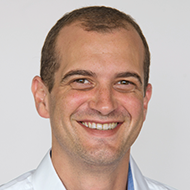
Nicolas Fedelich
With a background in chemical engineering, Nicolas joined METTLER TOLEDO in 2009 as an application specialist for Thermal Analysis. Before that, he gained expertise in different laboratories implementing, developing, and validating analytical methods in both the pharmaceutical and environmental fields. Nicolas also worked for three years in the field carrying out on-site customer training and providing expert thermal analysis application support. In his present position, Nicolas expertly uses, teaches, and supports DSC, TGA, TMA, and DMA instruments at the METTLER TOLEDO head office in Switzerland.
